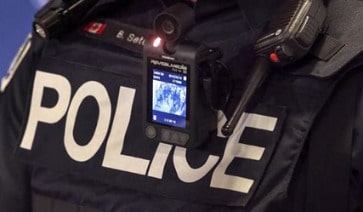Ireland’s Prime Minister Leo Varadkar has said he intends to expedite the enactment of legislation to clarify the wearing of body cams by police to increase prosecutions and to protect officers, reports the Irish Times.
The Garda Síochána (Recording Devices) Bill 2022 includes a long list of provisions which have proved controversial. They span the installation of CCTV for particular purposes or via drones, the monitoring of calls to and from the national police (Garda Síochána), allowing the use of ANPR (automatic number plate recognition/license plate recognition, LPR) and its retained data, making it an offense to not hand over CCTV data to police.
The Bill also allows for the “processing” of live CCTV feeds.
The Bill has passed the first stage of the 11-stage process, by being present to the Dáil Éireann (lower house) in August 2022. It is expected to undergo the next stage – general debate – in January when the Dáil reopens.
Ahead of the introduction of the Bill, Ireland’s Minister for Justice, Helen McEntee, announced that her team would bring in further legislation to allow facial recognition of CCTV feeds, including live processing. The Bill does not appear to have been amended.
Ireland’s government and civil society have been wrestling with the appropriate role of facial recognition in policing, which is not explicitly dealt with in the Recording Devices Bill.
Body cams and ANPR are already in use in Ireland, though with a lack of clarity around correct deployment which has led to fines.
Justice Minister Heather Humphrey has already confirmed that body cams with recording capabilities are being brought in and that €3 million (US$3.16 million) has been allocated for preparatory work to support the tech’s introduction, reports the Irish Mirror.
Article: Irish PM pushes laws to allow police body cams, license plate recognition

